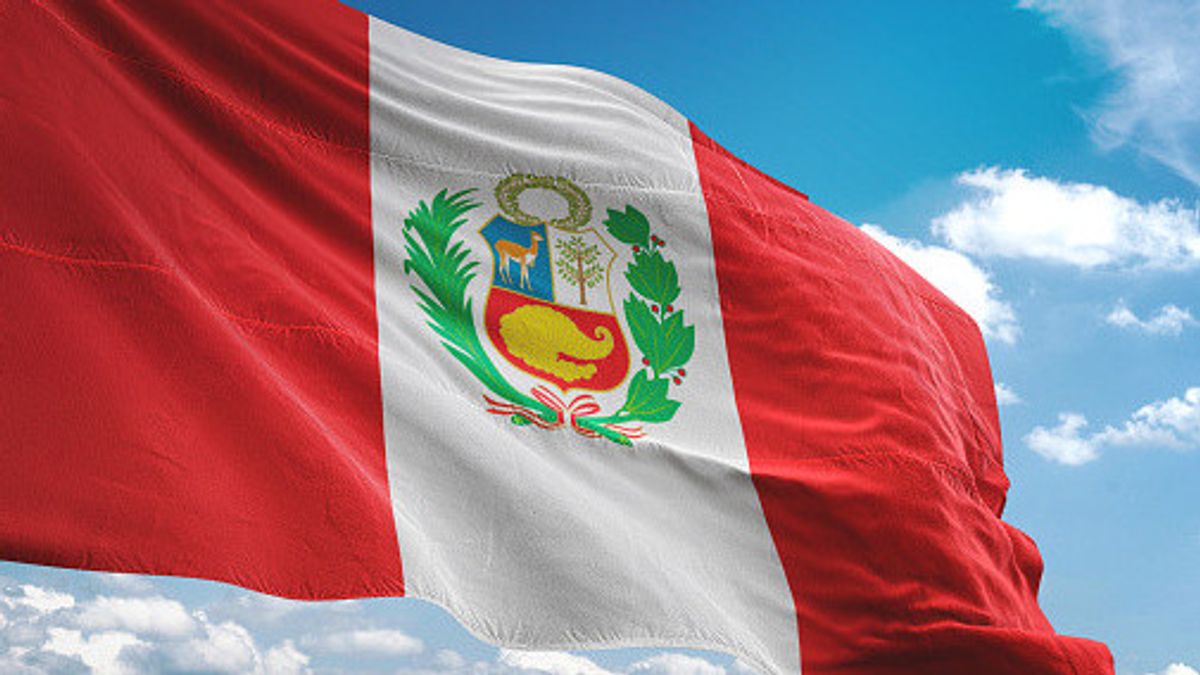JAKARTA - The Central Bank of Peru (CRBP) has published a report that will be part of a series of studies to explore the needs, design, and launch time of Peru's central bank digital currency (CBDC). The report is focused on issues related to retail CBDCs.
CBRP writes that the status quo of the competing payment system in Peru is unacceptable, but the introduction of the CBDC, combined with new policies to increase the accessibility and interoperability of existing systems, will help central banks address barriers to financial inclusion and lower transaction costs.
"The goal of CBDC in the framework of payment systems in Peru is to provide access to residents who do not have access to the banking system to digital payments, so it is important to know their characteristics to prepare implementation strategies," the report said, quoted by Cointelegraph.
Peru has some obstacles to overcome. About half of the country's population lacks access to the banking system. Three-quarters of people who don't have access to a "non-poor" household banking system, but nearly 79% of them don't have savings. They live mainly in urban areas and almost all work informally. Almost everyone who doesn't have access to the banking system has a cell phone.
However, the use of digital payments in Peru has increased fivefold since 2015, according to the report.
The current report marks the end of the first five-step step in CBDC production potential, the report said. No time schedule has been stated for CBDC development. CBRP also released a survey of 25 questions from prospective users, which must be filled until April 30.
Peru received technical assistance in making reports from the International Monetary Fund in a deal reached in May 2021. CBRP President Julio Velarde announced in November 2021 that his country would cooperate with India, Singapore, and Hong Kong to develop CBDC.
SODA is a technology-agnostic company that provides consulting services on central banking, digital finance, and the Web3 industry. John Kiff is a former IMF expert.
The English, Chinese, Japanese, Arabic, and French versions are automatically generated by the AI. So there may still be inaccuracies in translating, please always see Indonesian as our main language. (system supported by DigitalSiber.id)










